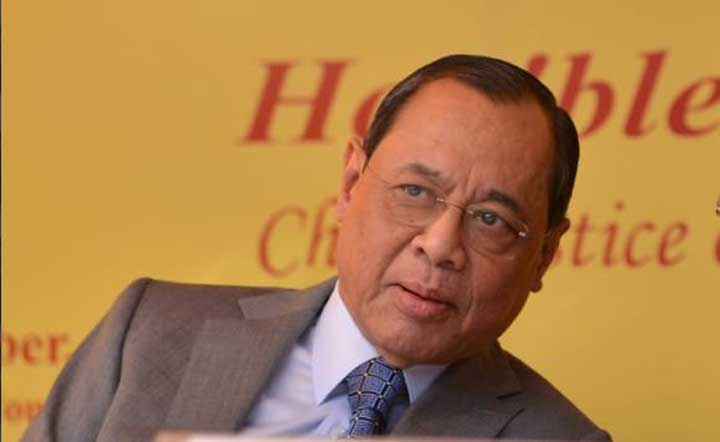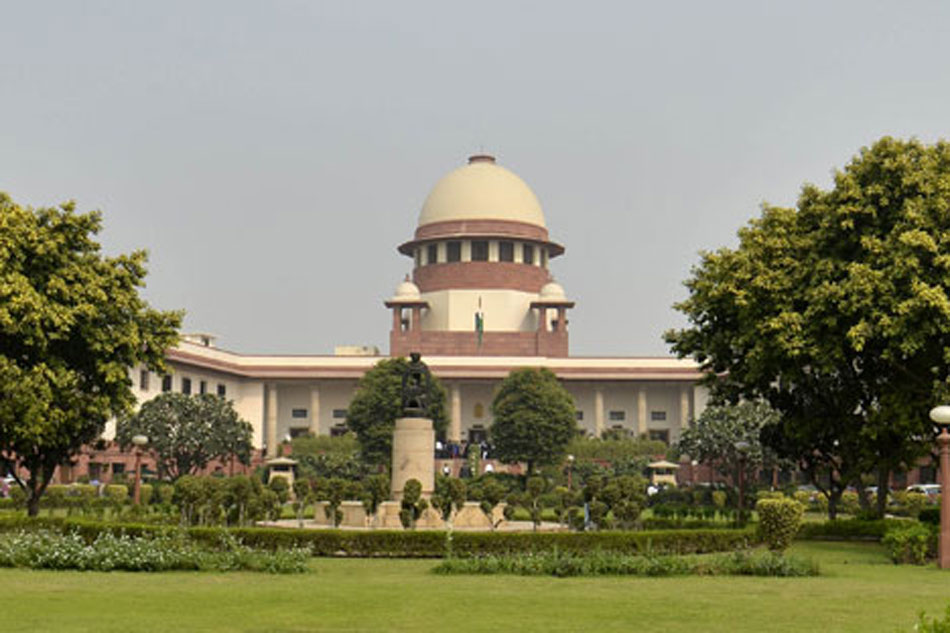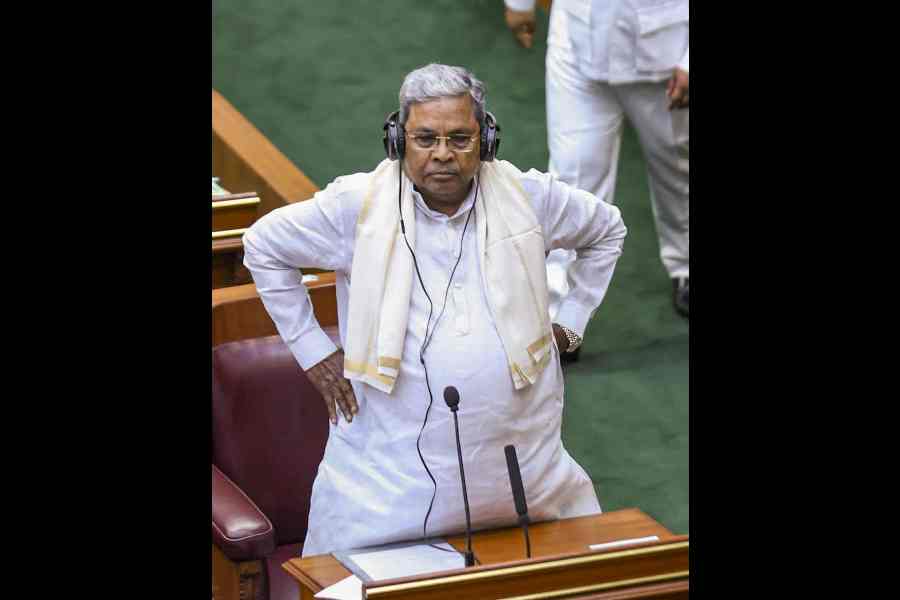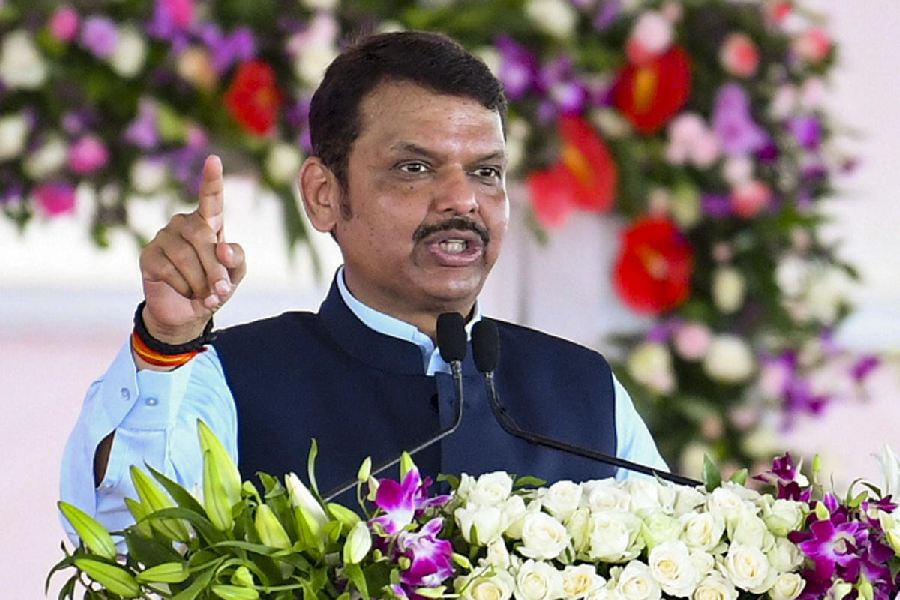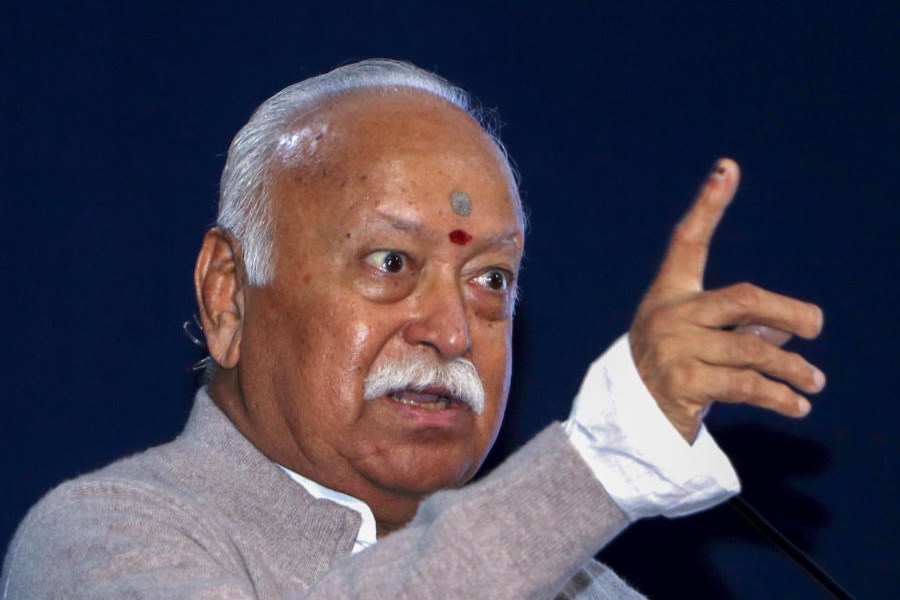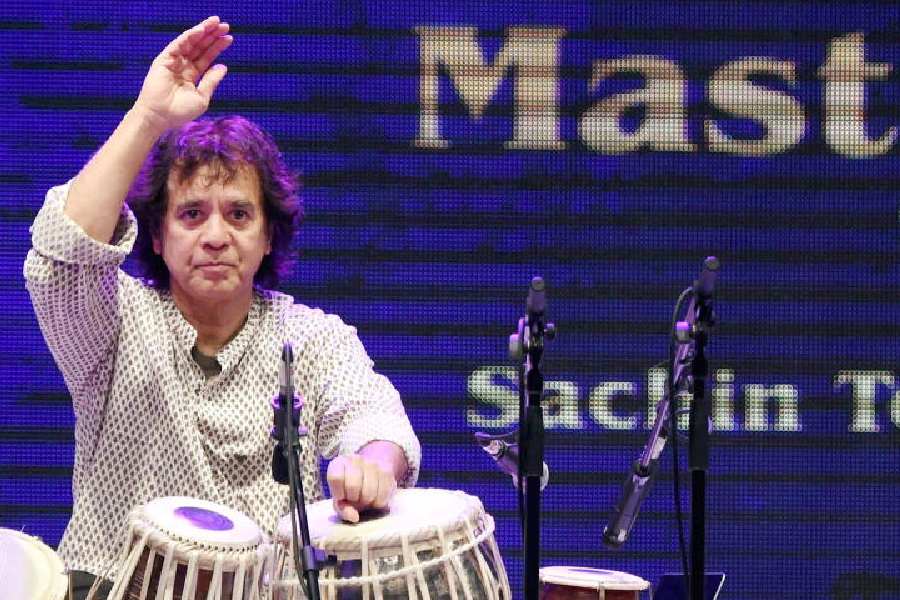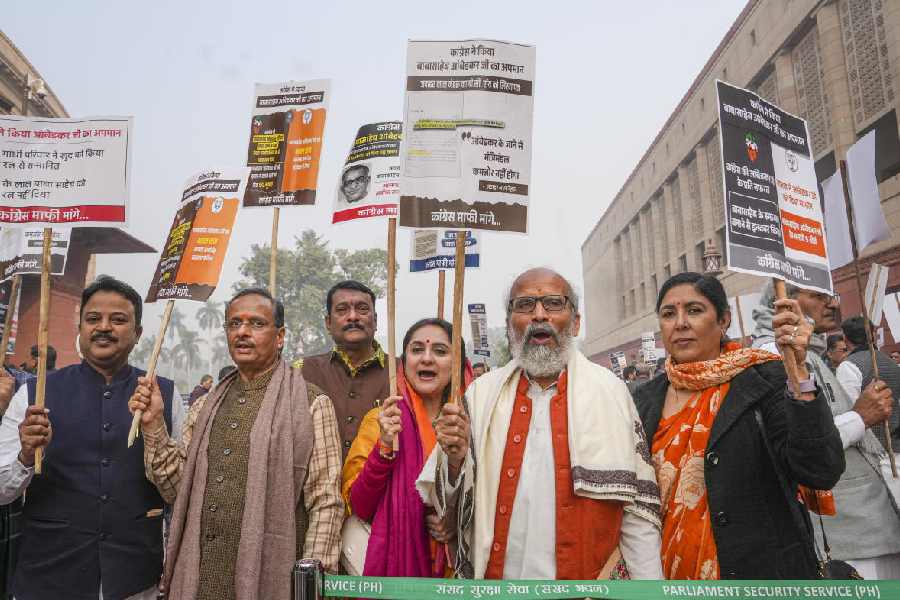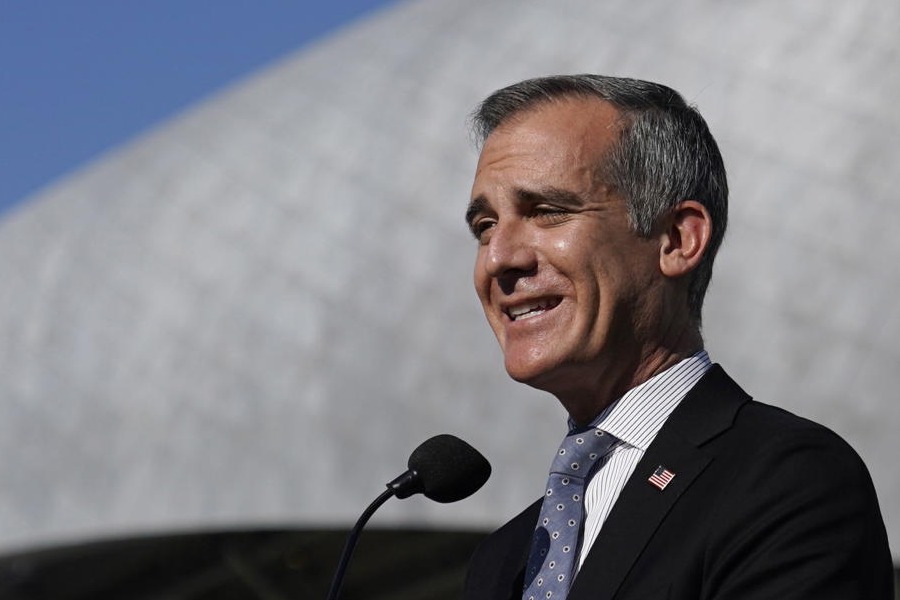Democracy, at times, can be the sum of contradictory pressures. A democratic polity, for example, accords to a popular mandate its highest honour. Such an electoral mandate could well be the fruits of populism, which, ironically, is inimical to the health of a democratic set-up. The debate on the threat that populism poses to democracy has been kindled once again, this time by the Chief Justice of India. Addressing chief justices and judges of nations that constitute the Shanghai Cooperation Organisation, Ranjan Gogoi argued that the erosion of the edifice of law can begin with surging populism: the consequences of this cannot be desirable for democracy. One of the manifestations of the gradual dissolution of the court, Mr Gogoi pointed out quite correctly, is the growing distance between the ‘public will’ and the judiciary, which, in India’s case, happens to be one of the chief guardians of the constitutional ethos. It is this chasm that makes it easier for elected dispensations to try and clip the wings of the judiciary. In fact, governments fattened on populism often tweak their encroachment on the judicial turf as legitimate. It is not surprising that judiciaries across the world are being forced to confront the allegation that unelected judges, vested with constitutional authority, are acting against popular sentiments. Pertinent to the Indian situation is the tussle with the executive. The Union law minister is on record, suggesting that his office is not going to function as a “post office” when it comes to judicial appointments. The National Democratic Alliance, which has been re-elected with a stronger mandate, has — unsurprisingly — had a history of friction with the judiciary, insisting that the executive have a role in the appointment of judges.
Mr Gogoi has identified a number of strategies to secure the autonomy of the judiciary. Apolitical appointments — this may get the NDA’s goat — security of tenure and reputation of judges as well as a rigorous procedure of removal are among Mr Gogoi’s suggestions. Each of these merits consideration. There is, however, another formidable challenge. Neutering the threat to the independence of the judiciary must be predicated on aligning the popular will to constitutional values. The responsibility of this alignment lies squarely with India’s political parties.

